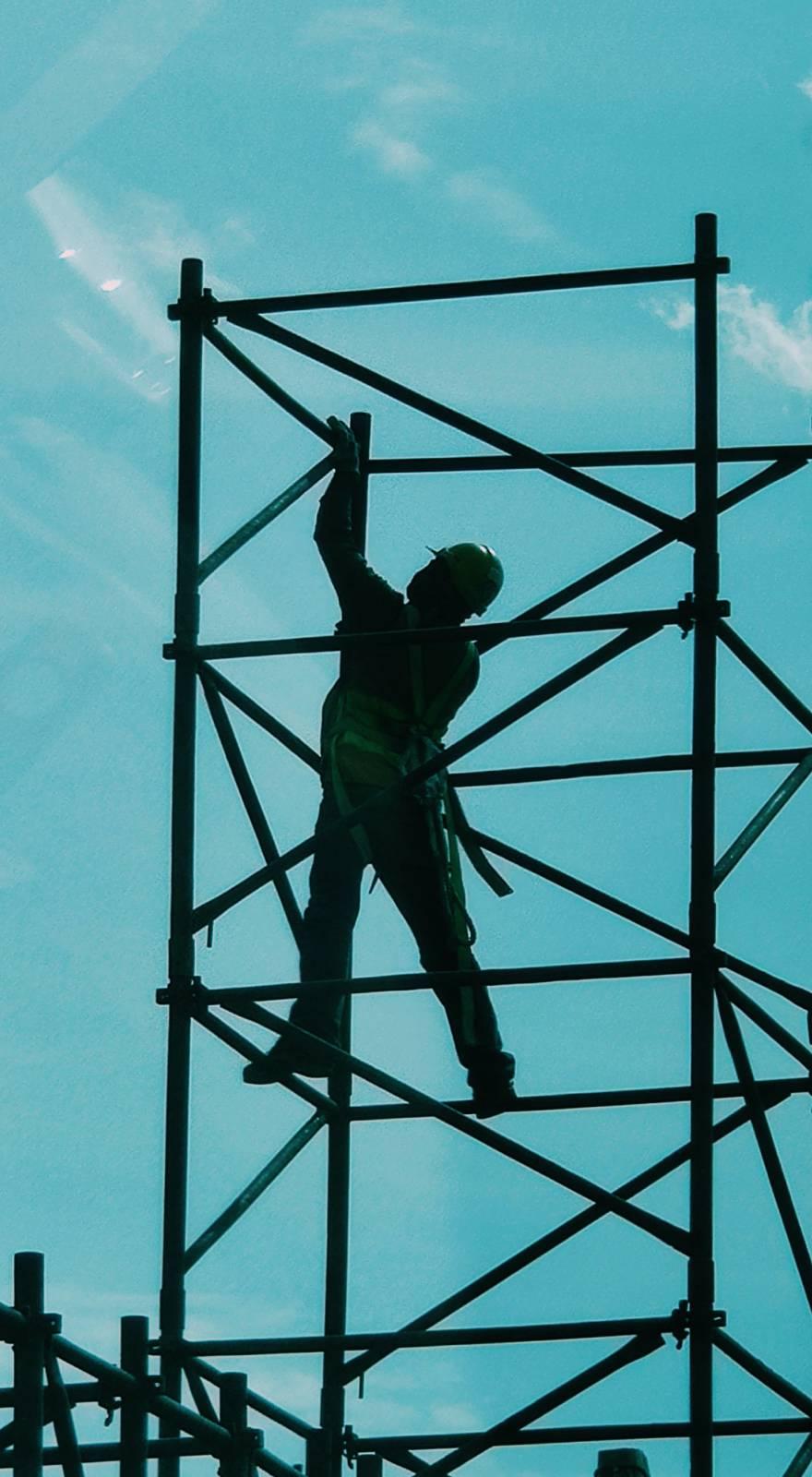Knowde Enhanced TDS
Identification & Functionality
- Chemical Family
- Polymer Name
- Plastics & Elastomers Functions
- Technologies
Features & Benefits
- Materials Features
- Capabilities
- Murpec® Beige
- Sliding guides Cog wheels Parts subject to temperature stress
- Special Characterstics
- Good wear resistance
- Low expansion coefficient
- Electrically isolating
- High temperature resistance
- Flame resistant
- High compressive strength
- High resistance to energy radiation
- Excellent resistance to chemicals and heating steam
- Approved for use in the food industry (EU and FDA)
Applications & Uses
- Markets
Properties
- Mechanical Properties
- Typical Properties
- Thermal Properties
- Electrical Properties
| Value | Units | Test Method / Conditions | |
| Breaking Elongation | 17 | % | ISO 5271/2 |
| Charpy Impact Strength | o.B. | kJ/m² | ISO 1791/1eU |
| Coefficient of Elasticity (Tensile Test) | 4300 | MPa | ISO 5271/2 |
| Coefficient of Sliding Friction (Dry)⁶ | 0.2 | μ | — |
| Indentation Hardness | 210 | N/mm² | ISO 20391 |
| Notch Impact Toughness (Charpy) | 3.5 | kJ/m² | ISO 1791/1eA |
| Pressure Test (Compression Strength at 1% Nominal Compression) | 38 | MPa | ISO 604 |
| Pressure Test (Compression Strength at 2% Nominal Compression) | 75 | MPa | ISO 604 |
| Pressure Test (Compression Strength at 5% Nominal Compression) | 140 | MPa | ISO 604 |
| Rockwell Hardness | M105 | — | ISO 20392 |
| Sliding Abrasion⁶ | 0.3 | μm/km | — |
| Yield Stress | 115 | MPa | ISO 5271/2 |
| Value | Units | Test Method / Conditions | |
| Code | PEEK | — | ISO 10431 |
| Material Colour | Natural/ Black | — | — |
| Density | 1.31 | g/cm | ISO 11831 |
| Water Absorption (After 24h Storage in Water at 23°C) | 0.06 | % | ISO 62 |
| Water Absorption (After 96h Storage in Water at 23°C) | 0.12 | % | ISO 62 |
| Water Absorption (Saturation in Standard Atmosphere of 23°C/50 % RH) | 0.2 | % | — |
| Water Absorption (Saturation in Water) | 0.45 | % | — |
| Value | Units | Test Method / Conditions | |
| Burning behaviour as per UL94 (Sample thickness 3/6 mm) | V0/V0 | — | — |
| Glass Transition Temperature | 143 | °C | ISO 113571/2 |
| Heat Conductivity (23°C) | 0.25 | W/(K x m) | — |
| Linear Thermal Coefficient of Expansion (Average Value above 150°C) | 130 x 10⁻⁶ | m/(K x m) | — |
| Linear Thermal Coefficient of Expansion (Average Value between 23 and 100°C) | 55 x 10⁻⁶ | m/(K x m) | — |
| Linear Thermal Coefficient of Expansion (Average Value between 23 and 60°C) | 50 x 10⁻⁶ | m/(K x m) | — |
| Lower Service Temperature⁴ | -50 | °C | — |
| Melting Temperature | 340 | °C | ISO 113571/3 |
| Upper Service Temperature Constant in Air (20000h)³ | 250 | °C | — |
| Upper Service Temperature in Air (Short-term)² | 310 | °C | — |
| Value | Units | Test Method / Conditions | |
| Specific Surface Resistance | min. 10¹³ | Ω | IEC 60093 |
| Dielectric Loss Factor (1 MHz) | 2 | — | IEC 60250 |
| Dielectric Loss Factor (100 Hz) | 1 | — | IEC 60250 |
| Electric Strength | 24 | kV/mm | IEC 692431 |
| Relative Permittivity (1 MHz) | 3.2 | — | IEC 60250 |
| Relative Permittivity (100 Hz) | 3.2 | — | IEC 60250 |
| Specific Contact Resistance | min. 10⁻¹⁴ | Ω x cm | IEC 60093 |
Regulatory & Compliance
- Certifications & Compliance

